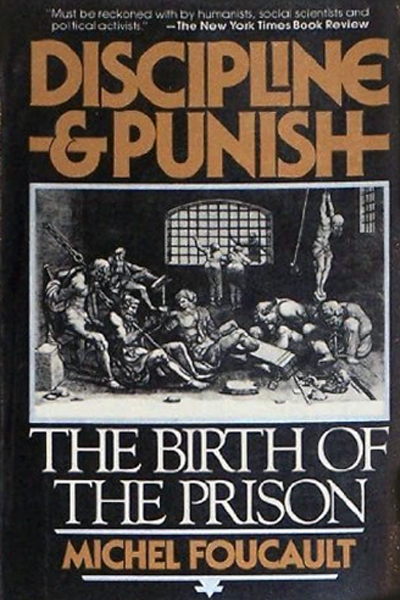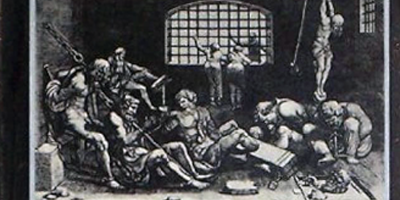
Michel Foucault’s groundbreaking work, “Discipline and Punish,” is a seminal exploration of the evolution of societal control mechanisms. Within the pages of this transformative book, Foucault unveils the historical shifts in punishment practices and the emergence of disciplinary institutions. In the context of incarcerated individuals, this literary masterpiece serves as a beacon, shedding light on the mechanisms of institutional oppression and offering a profound understanding of the power structures at play.
Understanding Institutional Oppression: Foucault’s meticulous examination of the transition from sovereign power to disciplinary power provides readers, particularly those within the confines of correctional facilities, with a critical lens to analyze their own experiences. By delving into the historical development of prisons, schools, and other disciplinary institutions, “Discipline and Punish” becomes a mirror reflecting the institutionalized oppression that many inmates grapple with daily.
The Panopticon: A Symbol of Power: Central to Foucault’s analysis is the concept of the Panopticon, a metaphorical prison where visibility is total, and the observer remains unseen. This architectural model symbolizes the power dynamics inherent in institutions, emphasizing surveillance, discipline, and the internalization of societal norms. Inmates find resonance in understanding how the Panopticon operates within the prison system, where constant visibility serves as a form of control.
Revelation of Microphysics of Power: Foucault’s exploration of “microphysics of power” delves into the subtle, pervasive ways in which power operates at the individual level. Inmates, often subjected to a myriad of rules and regulations, can dissect these power dynamics within their own experiences. “Discipline and Punish” becomes a guide to understanding the intricate webs of power that shape their daily lives and influence their behaviors.
Empowerment Through Knowledge: The transformative potential of “Discipline and Punish” lies in its ability to empower inmates with knowledge. By unraveling the historical context of punishment and the mechanisms of disciplinary institutions, individuals gain a deeper understanding of the forces that shape their lives. This enlightenment serves as a catalyst for critical thinking, self-awareness, and the potential for resistance against oppressive structures.
Conclusion: Michel Foucault’s “Discipline and Punish” stands as a beacon of enlightenment for inmates navigating the complex web of institutional oppression. This review merely scratches the surface of the profound insights and transformative potential that this work holds. By embracing Foucault’s teachings, inmates can embark on a journey of self-discovery, understanding, and empowerment within the context of their lived experiences.







